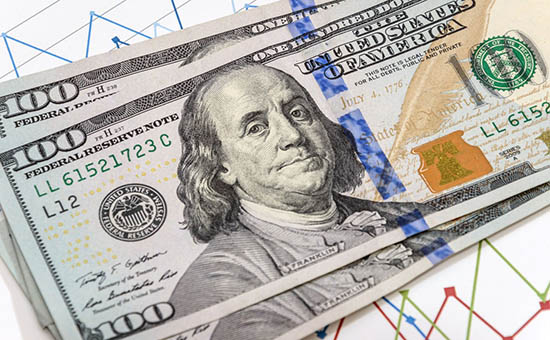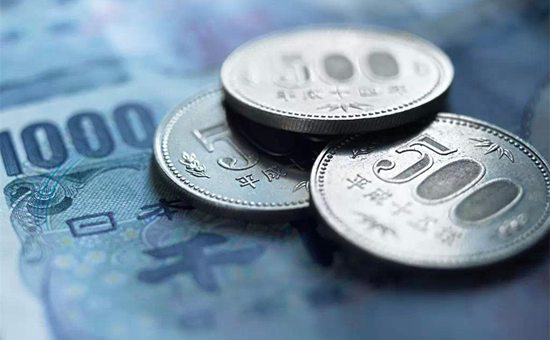Abstract: The U.S. dollar rose slightly this trading day. As of press time, it temporarily reported 92.87, an increase of 0.03%; as of press time, the US dollar against the yen temporarily reported 109.5805, an increase of 0.11%.
On July 20th, the US dollar rose slightly this trading day. As of press time, it temporarily reported 92.87, an increase of 0.03%; as of press time, the US dollar against the yen temporarily reported 109.5805, an increase of 0.11%.
Inflation is still a concern for the United States
On Monday, the U.S. dollar index rose 0.13% to 92.82, a rise of 0.36% at one point, reaching a more than three-month high of 93.04. The market's concerns about the spread of the new crown virus delta variant boosted the demand for safe-haven assets. However, the U.S. dollar fell back from its high at the end of the session, as the yen and the Swiss franc rose as risk appetite declined; the 10-year U.S. Treasury yield plummeted by 11.6 basis points to 1.17%, the lowest level since February 12 .
Christopher Vecchio, a senior analyst at DailyFX.com, a research department of foreign exchange broker IG, said that the wall of worry is being built. The decline in the stock market, the decline in yields, and the strength of the yen and the dollar have all converged into a powerful hedging impulse .

In addition, the issue of inflation still worries investors. Democrats are increasingly worried that rising prices will become a powerful political weapon for Republicans to use against them in the midterm elections next year. With consumer prices rising in all areas of the US economy, on July 19, US President Biden sent a message to voters: If you are worried about inflation, you should support my infrastructure and domestic spending plans. Biden said that the infrastructure and household support investments included in its $4.5 trillion domestic spending plan will fund decades of economic growth, increase labor, and keep prices low.
If inflation continues to accelerate for the rest of this year, it will make the Republicans believe that Biden’s domestic spending plan is reckless, and the Democrats are trying to inject trillions of dollars in government funds into the overheated economy. Senate Minority Leader McConnell accused the Democrats of trying to get rid of inflation through consumption. At the same time, Texas Republican Senator Jokonen accused the Democrats of irresponsibility for their huge expenditures.

Japan's overall economy continues to rebound
Yesterday, the US dollar fell 0.55% to 109.46 against the yen; New York traders said that the leveraged account was sold, but it was supported by buying above 109.11; the stop loss is expected to be below the 100-week moving average 108.90, but it is expected to be at a lower level. There is a buy order. This trading day, as the US dollar index rebounded, the US dollar against the yen also rebounded.
In a monthly report approved by Prime Minister Yoshihide Suga’s cabinet on Monday, the government stated that it should pay full attention to the impact of infection trends on the domestic and foreign economies. The government said in its July assessment of economic conditions: “Some areas of the economy are showing weaker and weaker performance, but under the severe environment caused by the epidemic, the overall economy continues to rebound.”
In addition, the Japanese government has raised its assessment of corporate conditions for the first time in four months, mainly because the Bank of Japan’s April-June short-term outlook survey showed signs of recovery in corporate conditions. The authorities now describe business conditions as showing signs of recovery, but say that the conditions in some areas are still severe. This is better than the assessment last month.
